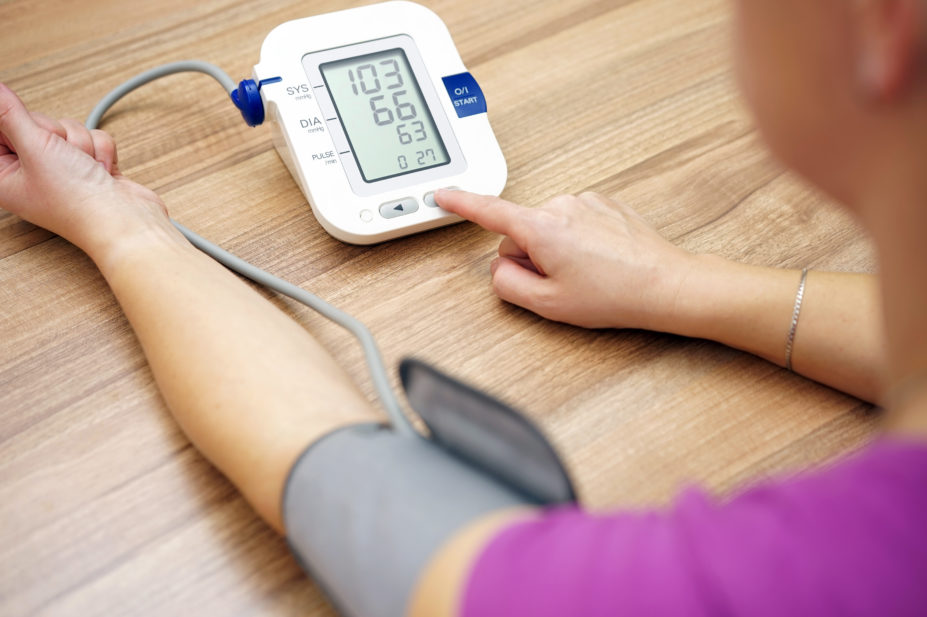
Shutterstock.com
Medicines for lowering blood pressure should be considered for all those at risk from cardiovascular disease (CVD), not just those with high blood pressure (BP) or who have existing CVD, according to the authors of research published in The Lancet (1 May 2021)[1].
The team from the University of Oxford pooled data from 48 randomised clinical trials that examined the effects of pharmacological BP-lowering medicines among just under 345,000 people. The researchers found that a 5mmHg reduction of systolic blood pressure reduced the risk of major cardiovascular events by about 10%, irrespective of previous CVD diagnoses, and even at normal blood pressure values.
For the same drop in blood pressure, the risk of developing stroke fell by around 13%, heart failure by 13%, ischaemic heart disease by 8% and death from CVD by 5%.
Lead author Kazem Rahimi, a professor of cardiovascular medicine and a consultant cardiologist at the Oxford University Hospitals NHS Trust, said: “This most detailed study of randomised trials should end the long-standing controversy around the existence of any thresholds for pharmacological blood pressure lowering.
“We provide compelling evidence for the beneficial effects of blood pressure-lowering treatment across the spectrum of systolic blood pressure in people with or without a known diagnosis of cardiovascular disease.
“The fact that a fixed degree of blood pressure reduction is shown to lead to similar relative risk reductions in people with varying starting blood pressure and even when blood pressure is ‘normal’ will help to simplify clinical decision making, which has traditionally aimed to control hypertension as opposed to reduce cardiovascular risk.”
- 1Rahimi K, Bidel Z, Nazarzadeh M, et al. Pharmacological blood pressure lowering for primary and secondary prevention of cardiovascular disease across different levels of blood pressure: an individual participant-level data meta-analysis. The Lancet 2021;397:1625–36. doi:10.1016/s0140-6736(21)00590-0


